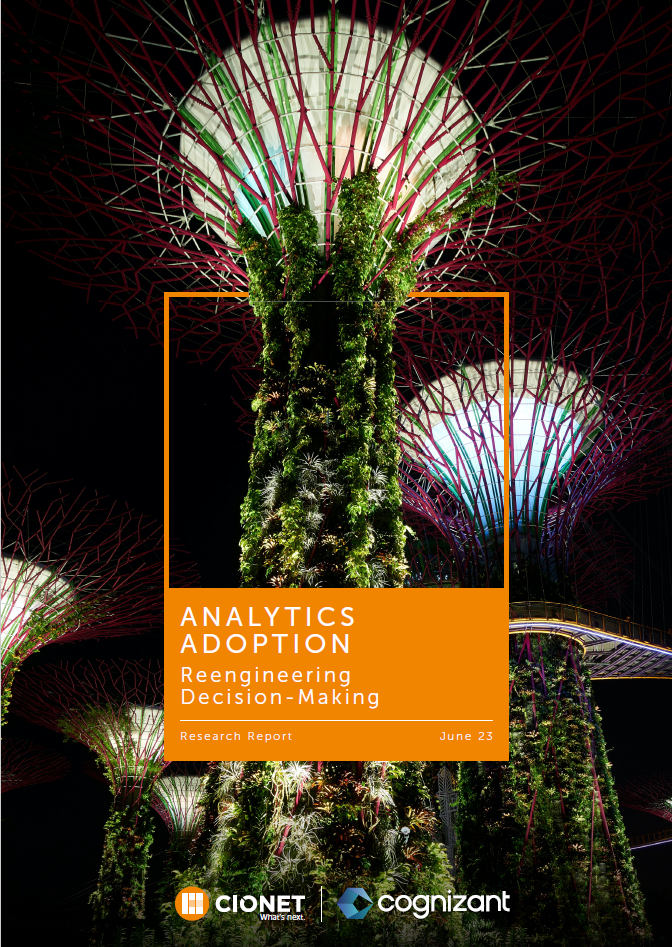Discover industry-specific solutions and expertise.
Solve your toughest A&D challenges with Belcan.
Ignite peak performance and efficiency in your business.
Reimagine your manufacturing competitive advantage.
Accelerate growth with customer-focused solutions.
Our data and AI solutions align with your business outcomes and create impactful results.
Personalize learning experiences with education tech and IT solutions—and make learners feel valued.
Create strategies for product, service and process innovation that deliver new growth.
Meet customer demands for a digital, personalized online insurance experience—while reducing risk.
Digitally transform to empower a more intelligent, agile and high-performing enterprise.
Make business decisions based on real-time contextual data with our digital solutions.
Stay ahead of the competition with the latest tech like IoT, machine learning and blockchain.
Deep industry expertise to propel your business into the future.
Explore Belcan’s flexible, custom-tailored solutions.
Solution to turn isolated AI pilots into production-grade agent networks.
Put AI to work and turn opportunity into value.
Accelerate time to value for industrial edge AI.
Maintain high integrity across the AI lifecycle.
Realize the next frontier of enterprise performance.
Enhance operations, boost efficiency, remove technical debt and modernize apps for the future.
Boost operational efficiency, optimize costs and speed product development.
Transform operations through intelligent orchestration, platform integration and strategic partnerships.
Enable a more secure and value-centered business with proven next-gen solutions.
AI insights to inspire enterprise transformation.
Set your modernization up for success with a flywheel strategy.
Develop the technical capabilities needed to create robust agents.
Bridge the gap between strong AI leadership and business readiness.
Explore the latest in AI in our newsletter released bimonthly.
Dive into our forward-thinking research and uncover new tech and industry trends
Explore the top focus areas that are important to Cognizant and our clients.
Explore how our expertise can help you sense opportunities sooner and outpace change.
Discover industry-specific solutions and expertise.
Solve your toughest A&D challenges with Belcan.
Ignite peak performance and efficiency in your business.
Reimagine your manufacturing competitive advantage.
Accelerate growth with customer-focused solutions.
Our data and AI solutions align with your business outcomes and create impactful results.
Personalize learning experiences with education tech and IT solutions—and make learners feel valued.
Create strategies for product, service and process innovation that deliver new growth.
Meet customer demands for a digital, personalized online insurance experience—while reducing risk.
Digitally transform to empower a more intelligent, agile and high-performing enterprise.
Make business decisions based on real-time contextual data with our digital solutions.
Stay ahead of the competition with the latest tech like IoT, machine learning and blockchain.
Deep industry expertise to propel your business into the future.
Explore Belcan’s flexible, custom-tailored solutions.
Solution to turn isolated AI pilots into production-grade agent networks.
Put AI to work and turn opportunity into value.
Accelerate time to value for industrial edge AI.
Maintain high integrity across the AI lifecycle.
Realize the next frontier of enterprise performance.
Solution to turn isolated AI pilots into production-grade agent networks.
Enhance operations, boost efficiency, remove technical debt and modernize apps for the future.
Connect your processes, people and insights across the enterprise with AI-enabled IPA.
Turn big visions into practical realities with expertise that takes you further.
Boost operational efficiency, optimize costs and speed product development.
Transform operations through intelligent orchestration, platform integration and strategic partnerships.
Enable a more secure and value-centered business with proven next-gen solutions.
AI insights to inspire enterprise transformation.
Set your modernization up for success with a flywheel strategy.
Develop the technical capabilities needed to create robust agents.
Bridge the gap between strong AI leadership and business readiness.
Explore the latest in AI in our newsletter released bimonthly.
Keep up with the trends shaping the future of business—and stay ahead in a fast-changing world.
Dive into our forward-thinking research and uncover new tech and industry trends
Explore the top focus areas that are important to Cognizant and our clients.
Explore how our expertise can help you sense opportunities sooner and outpace change.
Written by Bart Moens, Nicolas Gomez, & Quentin Verheyden
21 June, 2023

Share
2 mins
Cognizant and CIONET partnered together to map out the maturity of analytics adoption in Belgian companies: is its importance acknowledged, is the necessary infrastructure and culture present and what is the role of the CIO in all of this?
By exploring these areas, this study aims to provide CIOs and CDOs with actionable insights and practical recommendations that empower organisations to thrive in the analytics-driven era.
This study was conducted using in-depth interviews with a sample of the CIONET Belgium community.
Below you can find the executive summary of this study. The full report can be downloaded here.
Executive Summary
In today’s data-driven world, organisations must embrace analytics to unlock unprecedented value and gain a competitive edge. This study explores the adoption of analytics and its implications for delivering business value. It sheds light on the vital role of the CIO and/or CDO, the challenges they face, and the shift from technology-centric to business-centric approaches. By extracting actionable insights from analytics, organisations can make informed decisions and drive strategic planning.
Our study defines analytics as the extraction of actionable information from data, enabling informed decisions and strategic planning. With the right analytics techniques, organisations can uncover patterns and trends that lead to valuable insights and success.
Through our research, we have identified five key findings:
1. The Paramount Role of the CIO: The CIO plays a crucial role in driving analytics adoption and adapting to new ways of working. They clarify the future state, foster collaboration, and serve as catalysts for transformative change.
2. Prioritising Business Value: By prioritising business value over technological enhancements, organisations can achieve heightened efficiency and reap abundant gains. Cross-functional teams, with expertise spanning AI, IT, and subject matter, are key to delivering use cases effectively and achieving success.
3. The Analytics-Driven Culture: Establishing an analytics-driven culture, where technology and human potential converge, unlocks the true value hidden within analytics. This convergence leads to superior results, benefiting customers, shareholders, and employees. Clear guidelines are essential to ensure flexibility and harmony within the organisation.
4. Maximising Analytics Capabilities: To maximise analytics capabilities, organisations must consider four streams: establishing a common analytics infrastructure, attaining governance autonomy, maintaining data quality, and promoting the value embedded within the data. By embracing the idea that data quality is a means to an end, organisations can drive organic growth in analytics-driven decision-making.
5. Embracing a New Way of Working: Embracing collaborative analytics and informed decision-making becomes imperative for organisations seeking to unlock the untapped potential of their data. This seismic shift requires cultural transformation, relentless stakeholder engagement, and the recognition that reengineering decision-making is essential in the face of complexity.
In conclusion, organisations must embrace the power of analytics adoption to thrive in the data-driven era. By aligning strategies with the findings of this study, organisations can unleash the untapped potential within their analytics and drive successful transformation. Let’s embark on this journey, leveraging good enough, intensifying enthusiasm, and combining human and artificial intelligence to achieve actionable insights. Let’s create a data-driven revolution that reshapes the future of our organisations and propels us to unparalleled growth and success.



